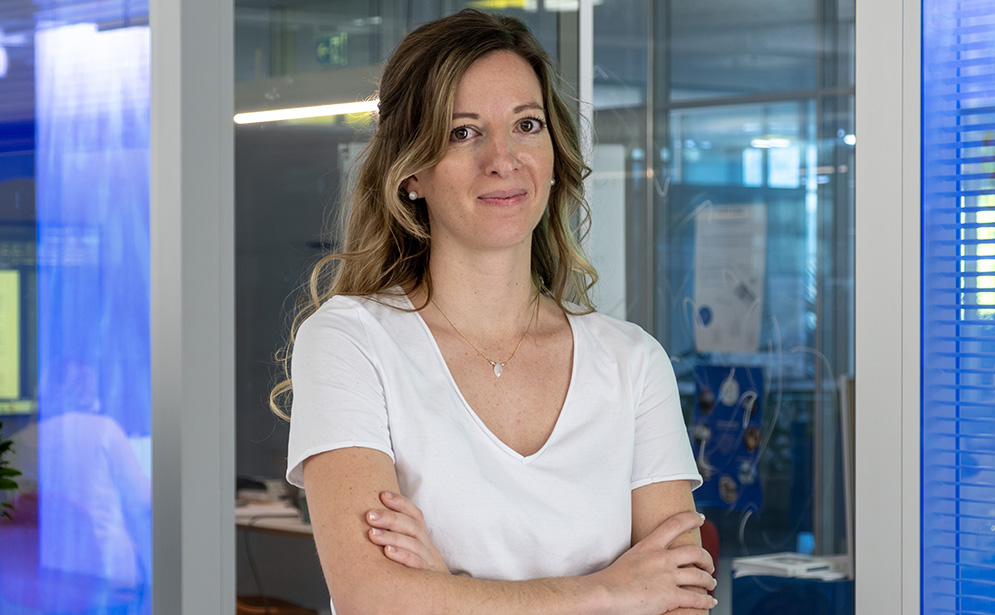What sparked the creation of your start-up?
During my Master’s degree, I met my partners, Luca and Tim. They were working together on this project and we had very complementary skills. It all happened quite naturally and I wanted to get involved in a project like this. With our company Klode, we’ve developed the first compost bin with a vacuum system, which slows down the decomposition of organic waste and allows you to sort it inside your home, without odours or midges. We design sustainable products and take care of their management, from design to distribution.
Have you encountered any difficulties as an entrepreneur?
Of course, but nothing we couldn’t overcome. A difficulty usually comes up without warning, and if it is anticipated, it is often minimized or ignored. Once it’s there, you have no choice but to face up to it and find solutions.
Other difficulties also arise on a personal level. With two jobs and as an entrepreneur in evolving companies, for a long time I thought you had to work non-stop. You become estranged from those close to you, whereas rest and leisure are important if you are to perform well at work.
What advice would you give to women who are reluctant to go into entrepreneurship?
Trust yourself, don’t underestimate yourself or think you don’t have the skills. Talk, listen, exchange ideas, take part in events. Set goals so you know where you’re going, even if they evolve. This is the biggest mistake I’ve made in recent years: planning when you have a start-up is almost impossible because nothing ever goes according to plan. Over time, I’ve learnt to define evolving goals, and not to lose sight of the raison d’être of my projects.
Besides running your business, you also have a second job. How do you coordinate these two activities?
Over the years, I’ve found the right balance between planning and going with the flow. What saves me is my flexibility. I set goals, both professional and personal, I write them down and rank them according to their degree of importance, and they evolve over the course of the year. I also divide my time between my activities, always keeping some free time. Finally, I don’t say yes to everything. You have to know how to set limits in relation to colleagues, partners and family and friends. I’ve realized that sometimes it’s better to say no than to say yes without achieving results. It sounds silly, but when you’re young and starting out, you sometimes feel you have to prove yourself, but that’s not how you do it.
What could institutions like the HES-SO do to encourage women to start up their own businesses?
First of all, give students the opportunity to develop their network: as soon as they start their studies, encourage them to take part in events and competitions so that they can meet women entrepreneurs who will share their experience.
The statistics and studies that have been carried out on the subject should also be publicized, so that we can understand the ecosystem in which we’re evolving and “play” with it, find our place in it. The aim is not necessarily to say “women are less entrepreneurial than men”, but rather to show what opportunities exist for entrepreneurship today.
